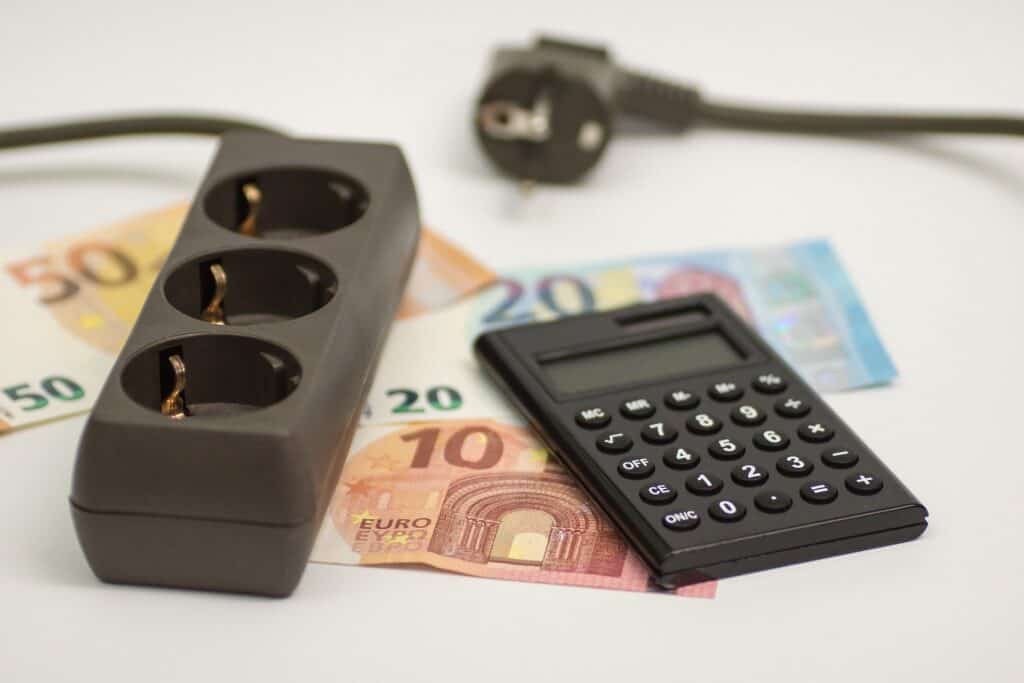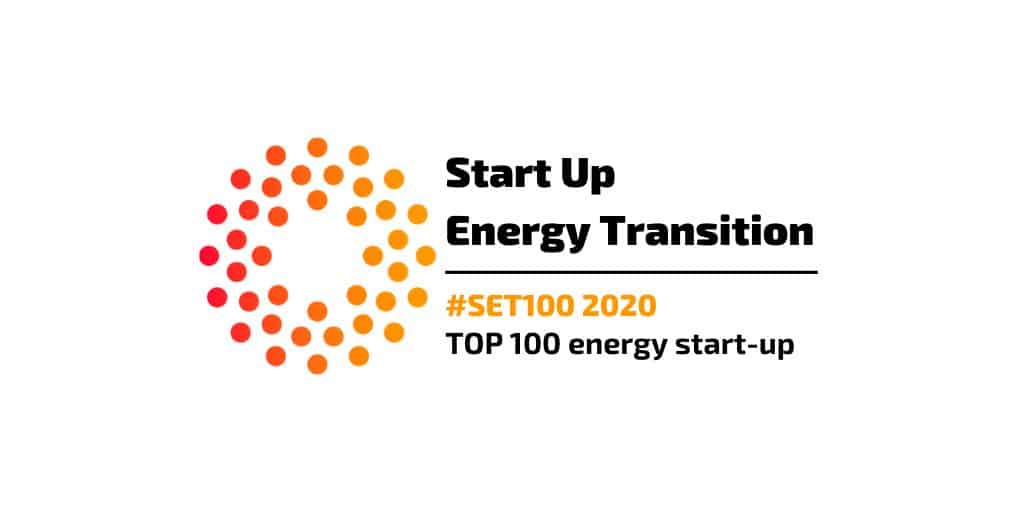02.12.2022

The Energy Crisis: Introduction to a New Series on NRT Data
The energy crisis and cost-of-living crisis have compounded to create worrying and uncertain circumstances for many households. Extreme increases in wholesale gas and power prices have been causing major concern across Europe. The key drivers behind the energy crisis include increased demand following the coronavirus pandemic, the move away from nuclear power and, most recently and most significantly, Russia’s invasion of Ukraine. Current tensions between Russia and the West means consumers in Europe are very likely to feel the pinch this coming winter, if not already, since Russia is the largest exporter of natural gas to the European Union, with just under half of the continent’s gas supplies coming from it.
Dependence on Russian gas and pipelines has become a serious issue for countries like Austria (86% in 2021), Bulgaria (79% in 2021), Finland (75% in 2021), Hungary (61% in 2021), Poland (50% in 2021) and Germany (almost 50% in 2021). With access to Russian gas heavily restricted, there is a great strain on energy systems. This results in high costs for the average household. While this may simply be an inconvenience for those who can afford it, it is a far more serious matter for those who cannot. A recent study by More in Common, a research institute, showed that cost of living had quickly become the number one concern of people in all of the countries surveyed (France, Germany, Poland, UK) with a large percentage of respondents also expressing concern about potential social unrest as a result of the cost-of-living crisis.
Many factors add up towards energy costs spiralling out of control. One of the most prominent drivers is the supplier wholesale costs. The current steep increase in the cost of gas means suppliers are now having to pay much more to buy gas on the wholesale market. This cost is then passed on to the consumer, and since gas is used for electricity generation as well, end consumers are seeing a dramatic increase in both their electricity and gas bills. The Financial Times, a newspaper, notes an increase of 180% in the UK for electricity, 87% in the Netherlands and similar trends in countries across Europe.
An analysis by the International Monetary Fund, a financial institution, shows that the energy crisis is hitting UK households harder than most other countries in western Europe. The Guardian news outlet attributes this to “the UK’s heavy reliance on gas to heat homes and produce electricity at a time when Russia’s war in Ukraine has sent gas prices soaring”. They go on to state that “the UK has the least energy efficient homes in western Europe.” However, inflation and ultimately a cost-of-living crisis is spreading across all of western Europe, with many households now struggling to keep necessities and energy costs within their budget. According to euronews.net, “inflation in the eurozone jumped to an all-time high of 9.1 per cent in August, fuelled by rising energy costs.” Italians have seen an increase of 160% in their end user electricity bills and Germany an increase of, on average, 40%. In Belgium, the average gas bill increased by around 101.4% between May 2021 and May 2022, and Belgian households have seen an average increase of 54% in their annual electricity bills, with the average bill rising from € 917.39 to € 1412.49.
In an attempt to balance these rising costs for their citizens, the Belgian government has reduced VAT to 6% until the end of 2022, and the Dutch government is lowering VAT on energy (natural gas and electricity) to 9%. France has capped an increase in regulated electricity costs at 4% until the end of 2022 and the German government has offered a one-off 300-euro energy relief payment. But while many European governments are attempting to soften the blow for their populations, for many families, this still isn’t enough to keep their heads above the water when faced with exploding prices. The news site Focus Online reported that one in four German households can no longer afford energy and spends more than 10% of their income on it, including increasingly more middle-class households. Six in ten Belgians now heat their house less frequently, with 35% of Belgians in Flanders and 58% in Wallonia fearing that they won’t be able to pay their energy bills. This increase in energy cost across Europe means those consumers already struggling to get by will have to resort to extremes in order to afford their bills this winter. Many people are planning to have to blow their savings or layer up their clothing instead of heating their homes in the colder months, with others even expecting to have to choose between heating or eating.
The wider impact of this crisis is a significant reduction in the purchasing power of an average household. And this at a time when businesses and services are simultaneously having to push up their own prices to cover their own rising energy costs. In the Netherlands, purchasing power is expected to fall by 2.7% on average. In the UK, it is forecasted to fall by around 2.2% in 2022/2023, however the disparity between the wealthiest few and the struggling majority is broad. With many households finding it difficult to pay their energy bills, their disposable income is significantly reduced and their ability to spend elsewhere has dwindled. This means that for some families, the festive season is already looking anything but jolly, while businesses may struggle to compete for custom, as necessity increasingly replaces luxury for many consumers. According to a survey by Sellcell, 24.8% of UK respondents were worried about the pressure related to Christmas spending and a whopping 71.8% of UK respondents said they would spend less this festive season. 22.7% of UK participants have had to take out a loan or new credit card in order to cover their living expenses. 70.2% of UK respondents said that reducing heating use, or turning it off completely, will be their primary measure to cut costs. Only 5.9% of UK respondents said the crisis will have no noticeable effect on their finances.
With no sign of improvement any time soon, the future is uncertain, and any light at the end of the tunnel is therefore a welcome one. The re.alto solutions will help you offer that to your customers.
With our solutions, you could be saving your customers up to 25% on their energy bills. Obviously, we won’t see pre-crisis conditions again until the crisis is resolved, but with our solutions, we can help you soften the blow for your customers. Our solutions can help determine the impact of energy consumption on customer bills and provide them with the data needed to make smarter, more conscientious decisions when it comes to their energy use. We do this by monitoring their consumption in near real-time with as little hardware in the house as possible.
In our next article, we’ll be taking a closer look at near real-time data and how this can directly benefit you and your customers. Stay tuned!












